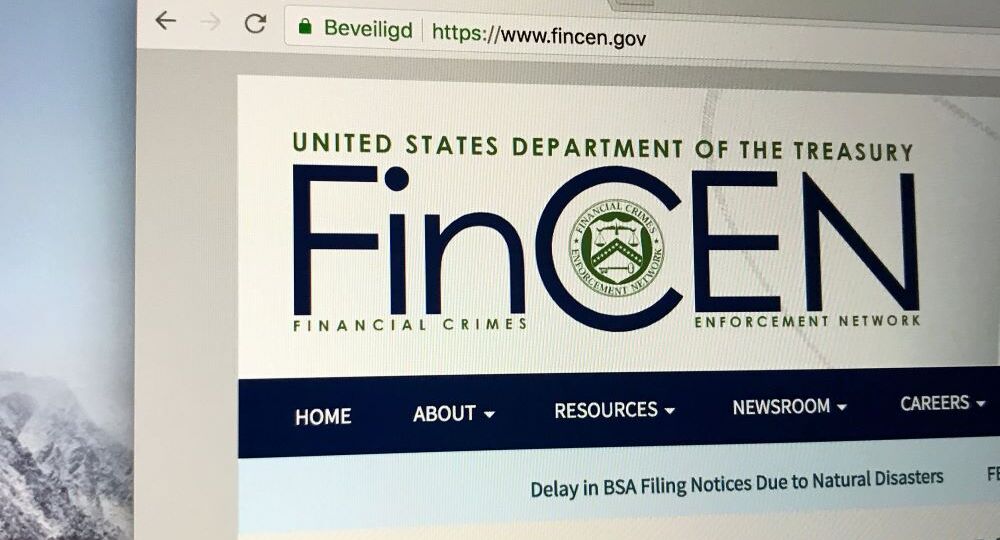New Report Finds Tip Reporting Key to Fraud Detection
The Association of Certified Fraud Examiners (ACFE) recently released Occupational Fraud 2024: A Report to the Nations. It includes essential information about fraud, including standard concealment methods, the most effective reporting mechanism, and anti-fraud controls. There is also information about the industries which experienced the highest loss per incident. The report contains exciting details that can help inform and enhance fraud prevention programs. For example, it was determined that tips are the most common form of detection, with 43% of the data reported by employees, vendors, customers, and others. To help clients, prospects, and others, WhippleWood CPAs has summarized the key details below.
About the Report
The information included in the report is based on the ACFE 2023 Global Fraud Survey, conducted from July to September 2023. Respondents were asked to provide details about the single most significant fraud case investigated. To be included, the case must have involved occupational fraud, the investigation occurred between January 2022 and the time of the survey, the investigation must be completed, and the respondent must be reasonably sure the perpetrator(s) have been identified.
Report Highlights
- Loss by Industry—Due to unique operating circumstances, More businesses are susceptible to fraud. The report wanted to identify the industries with the highest amount of loss due to fraud. Mining companies experienced the highest median loss of $550,000, wholesale/trade $361,000, manufacturing $267,000, construction $250,000, and real estate $200,000.
- Common Anti–Fraud Controls – A robust series of anti-fraud is essential to a comprehensive fraud risk management program. The report identified the most common controls used by companies. It was found that 85% have a code of conduct policy, 84% have an external audit of financial statements, 80% have an internal audit department, 71% reporting mechanism, 63% fraud training program, 60% anti-fraud policy, 48% have formal fraud risk assessment, 42% surprise audits, and 23% job rotation/mandatory vacations.
- Departmental Risk of Fraud – While no two fraud cases are identical, the report wants to determine which departments carry a high fraud risk. It was found that operations accounted for 14% of cases, accounting 12%, sales 12%, customer service 9%, purchasing 7%, and administrative support 6%. The departments with the highest median loss are the Board of Directors ($800,000 per incident), marketing/public relations ($328,000), finance ($285,000), accounting ($208,000), and warehousing/inventory ($200,000).
- Fraud Detection – How fraud is detected is important information for those looking to create or enhance fraud prevention measures. It was determined that tip reporting (43%) was the most common method of detection which includes 52% from employees, 21% customers, 15% anonymous, 11% vendors, and 7% from others. Outside of reporting, it was found that 14% internal audit, 13% management review, 6% document examination, 5% account reconciliation, and 5% by accident.
- Fraud Concealment – The report wanted to identify the most common types of fraud concealment used by bad actors. It was determined that 41% created fraudulent physical documents, 37% altered physical documents, 32% created fraudulent electronic documents, 19% created fraudulent transactions in the accounting system, 16% altered transactions, 13% deleted transactions, and 7% altered journal entries. It is interesting to note that in 11% of cases, no attempt was made to conceal the illegal activities.
Contact Us
A comprehensive fraud prevention program is essential to protect against the illicit activities of bad actors. However, it is also important to regularly update policies and procedures based on the latest tactics and trends. If you have questions about the information outlined above or suspect fraud has been committed in your organization, WhippleWood CPAs can help. For additional information, call 303-989-7600 or click here to contact us. We look forward to speaking with you soon.
About the Author

Ron Bass CPA
Ron has led WhippleWood’s auditing practice since 2010. His career began in 1990 and includes time spent as a private company controller and ten years as an auditor for the largest CPA firm in Florida. He has audited publicly traded corporations, consolidated international corporations, state and local regulatory agencies, employee benefit plans, internal processes and controls, and nonprofit entities.



